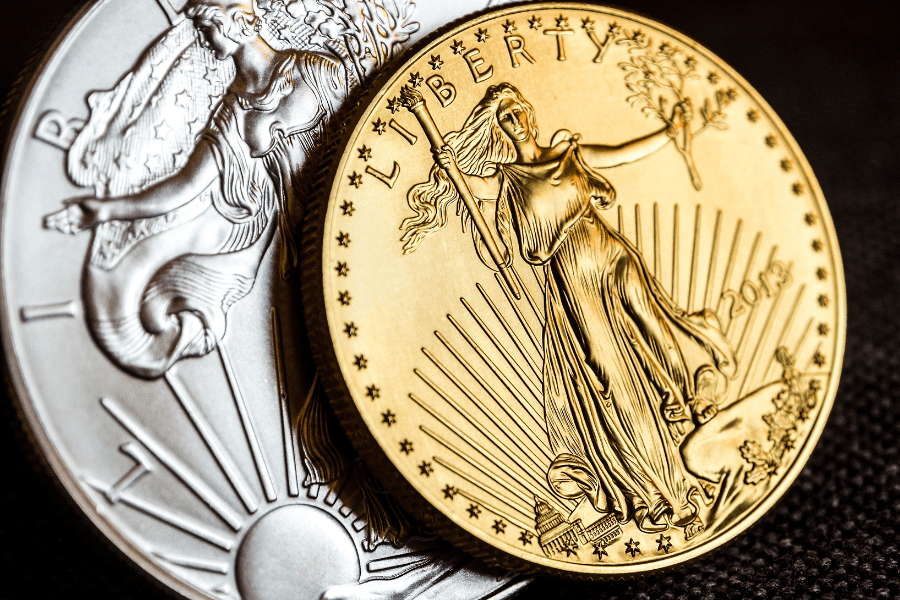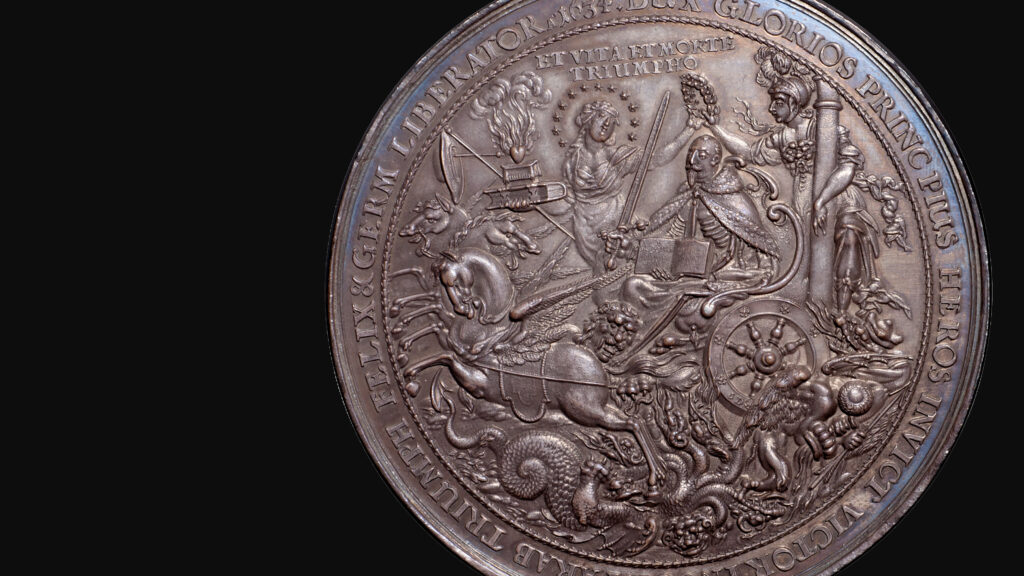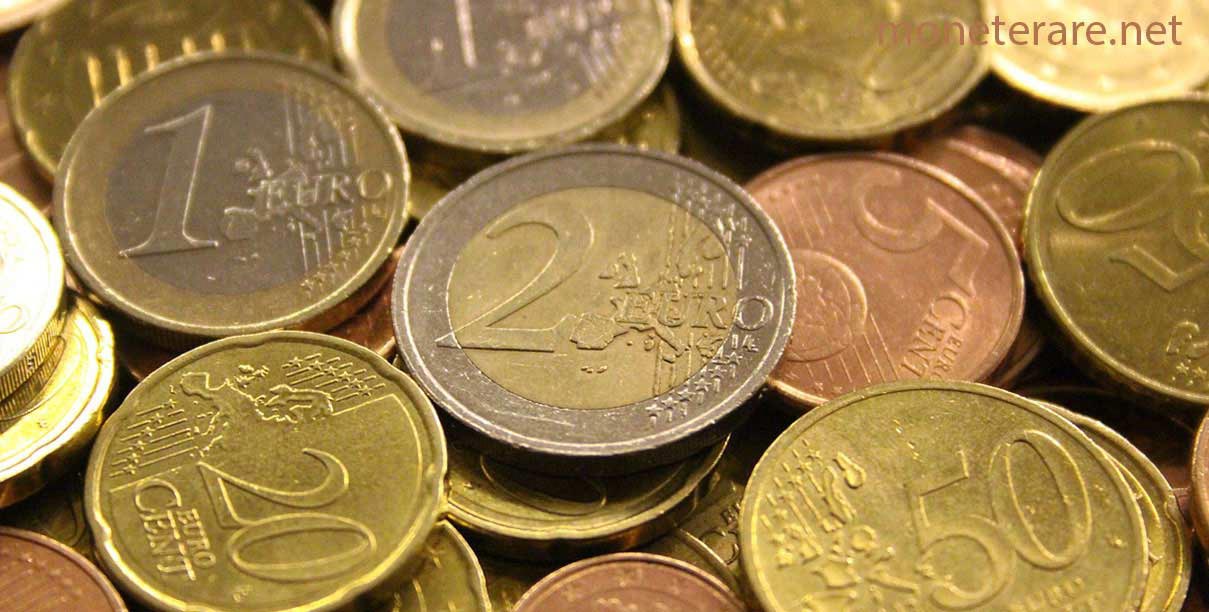New News For Picking Banknote Design And Half-Dollar
Wiki Article
How Do I Use The Numismatics Database To Conduct Research On Mints?
For a thorough study of numismatics through databases, it is essential to adhere to specific methods. These include gathering comprehensive details about the production of coins and historical contexts, as well as the advancement of minting techniques. This is a methodological strategy. Database Selection: Choose an online database that specializes numismatics or historical coinage. Options include Numista, online catalogs from the major mints (like the United States Mint or the Royal Mint), or academic databases that archive studies on numismatics.
Define Research Focus: Specify your research objectives. You may be fascinated by the history of a mint, its production, the technological advancements in minting and/or the social and economic impact. Tailor your search queries accordingly.
Search Strategy: Include the name of your mint as well as any keywords you are using that are related to mints or numismatics. You can filter your results according to the date, document type and geographical region.
Data Collection: Gather data about the date of founding as well as its time of operation, its types of coins it produced, its technology (such hand or machine striking) and any noteworthy changes or developments that have affected the minting process over time. Browse databases or catalogs that detail specific coins minted by date, denomination and design.
Analysis: Analyze and compare the data to discover patterns or trends that may exist across different geographical regions or time periods. Compare the stylistic evolution of coin designs, changes in the composition of metals, and technological developments in minting techniques that may have affected the production of coins.
Cross-Referencing: Verify your findings using data from several sources within the database. This ensures that the study you conduct is complete and accurate.
Documentation - Document your findings, including the sources you consulted and mentioning the methodologies that were employed. Record the databases utilized, the search terms used and the importance each source has in relation to your research objectives.
Stay up-to-date: Research in the field of numismatics is constantly evolving as new publications are published and discoveries being created. Refresh the database periodically to see the latest information or archived digitally that has been recently digitized.
These steps will help you leverage databases in order to conduct thorough research on mints and numismatics. This enables a comprehensive exploration of technological, historical and other aspects of coin production. Read the most popular money for website advice including czech coins, coin engraving, banknote magazine, coin collecting, central bank, banknote authenticity, banknote appraisal, copyright detection, uncirculated, coin pressing and more.

How Do I Use Databases To Study Numismatics In Relation To Exhibition And Show Events?
To conduct research on numismatics, it is important to utilize databases that hold information on exhibitions, show, conferences, and other events. Here's a structured approach to conduct this research: Database Selection: Choose databases that specialize in numismatic shows and events. Websites of major numismatic associations such as the American Numismatic Association, online platforms that provide information on international numismatic exhibitions and museums archives are some examples.
Define Research Focus: Specify your research objectives. Are you seeking out upcoming and previous numismatic shows or conferences related to this topic, regional coin shows, themed exhibitions or educational programs? Clarify the focus of your lookup.
Strategy for searching Utilize keywords to search for "numismatic" exhibitions and events, "coin shows", "numismatic conferences". If appropriate, you can also include the event's name or location. Advanced search tools to filter results by event type like exhibitions, conferences, or geographical area.
Access to information on forthcoming and past numismatic exhibits. Collect information such as event dates, locations organizers, themes or special collections, participants exhibitor information, as well as associated catalogues or publications. Look for databases with virtual tours or access to exhibition materials that are digital.
Analysis: Review the data in order to comprehend the trends, themes, and educational goals of numismatic shows and events. Analyze how exhibitions and shows increase public awareness of the numismatic field as well as encourage exchange of knowledge and highlight significant collections.
Cross-Referencing - Check the accuracy of your research by comparing information from different databases, event listings and official websites. This ensures completeness and accuracy of your research. This will provide complete information on numismatic exhibition activities globally.
Documentation. Document your findings from research by citing sources, and recording any methodology you employed. Keep track of the specifics of the databases you used, the search terms you used, and how each source connects to your research.
Stay up-to-date. Numismatic events are constantly changing by introducing new conferences, shows and exhibits. Information from numismatic organizations organizers, event planners, as well as databases that are specialized are the best ways to keep up with upcoming events.
Follow these steps to effectively explore numismatics as it relates to shows and exhibitions. This approach enables an in-depth exploration of the diversity and value for education of numismatic exhibits and events across the globe. See the recommended banknote show for more info including banknote design, bank, banknote book, currency forum, coin marketplace, antique banknotes, banknote collection, shekel, coin show, coin mintmark and more.

What Can I Do With An Numismatics Database For Researching Auction Houses And Numismatics?
To conduct research on numismatics in relation to auction houses, you will require databases that contain sales records, auction records and the experience of auction experts. A structured method is presented to help you conduct this type of study. Online auction platforms like Heritage Auctions and Stack's Bowers Galleries websites for auction houses, or platforms for numismatic research that archive auction results are examples.
Define Research Focus: Specify your research objectives. Are you looking to understand the prices realized for specific coins, the trends in numismatic collecting and the impact auction houses have on market values or the historical significance of auctions in the field of numismatics? Define your goals in order to guide your search.
Search Strategy: Use words such as "numismatic auctions," "auction catalogues for houses," "coin auction results," and include specific auction house names or geographical regions if relevant. Search results can be classified according to categories such as auction dates, dates, coin types, and auction houses.
Data collection: Access auction catalogs and records of sales. Obtain information on auction dates as well as lot descriptions and coins. Also, gather details about the provenance of the coin, its price and more. You can analyze auction results by looking through databases of auction archived catalogs.
Analyse the data and understand the dynamics and trends of numismatic collection. Examine the auction prices for rare coins. Also, evaluate the pattern of auctions in relation to time and the impact of auction house's knowledge in the appraisal of numismatic objects.
Cross-Reference: Verify the accuracy of your study by comparing the information from various auction house databases as well as numismatic publications. You may also look up the archives of auctions from the past. This will give you a complete overview of the contributions made by auction houses to numismatics.
Documentation. Note your findings by jotting down sources you used and the methodology you used. Note the database names, search terms and relevance of each source in relation to your research question.
Keep up to date. Numismatic Auctions are Dynamic. New records and sales are set regularly. Be up to date by checking updates on auction websites of the house, numismatic society websites, and databases that specialize in auction results for the latest developments and prices in numismatics.
Use these guidelines to utilize databases to gain insight into the numismatics of auction houses. This permits a thorough examination of market dynamics, sales history, and the expertise of auction experts that influence the collection landscape. Have a look at the top banknote club blog for blog examples including proof, dinar, coin show, franc, numismatics, platinum, currency appraisal, coin errors, copyright, banknote value and more.

How Do I Utilize Databases To Study Numismatics With Regards To Online Forums And Communities?
To conduct this type of research, here's a logical approach:Database Selection: Choose online forums and communities that are specialized in numismatics. These forums permit collectors, enthusiasts and experts to exchange knowledge about current trends, debate them and showcase collections. This is a method that can be structured to conduct such research. For instance, forums like CoinTalk and Reddit's"r/Coins" and numismatic groups on social media platforms such as Facebook groups, or LinkedIn.
Define Research Focus: Specify your research objectives. Are you looking to learn about the latest collecting trends? Are you looking for experts to provide guidance regarding numismatics and authentication and grade? Be clear on your goals to guide your search.
Search Strategy - Use terms that are relevant to your interests (such such as "numismatic group," "coin communities," or "numismatic online discussions") Include specific keywords (such as ancient coins, modern money, or paper currency) and search terms that relate to your topic of research. Use search functions within each platform in order to locate relevant discussions.
Data Collection: Get access to the information in threads, discussions or articles on online forums. Get insights into methods of collecting as well as coins, market trends, and personal experiences with numismatic discoveries. Also, talk about historical or cultural aspects associated with coinage.
Analyze the data to discern opinions, expertise and experiences common among the online communities. Assess the reliability of information by considering the knowledge of contributors, the agreement among members on specific subjects, and the depth of discussions.
Cross-Referencing: Verify your conclusions by comparing information across different forums and online communities. Review the information from different platforms to gain an unbiased viewpoint on gathering, market sentiments, or expert advice from numismatic communities.
Documentation: Documenting your findings is essential. Cite specific threads, discussion issues, and contributors as you need to. Notate key insights, trends and views that are discussed on online forums.
Be Engaged: Participate actively in discussions and ask questions, then contribute to the conversation in order to get insight and make connections with the Numismatics. Keep updated by following new threads, responding to them and releasing announcements.
If you follow these steps, you will be able to effectively use online forums and communities to conduct research in numismatics. This approach allows you to tap into the wisdom and experience of many specialists and collectors providing valuable insight and opinions on various aspects of collecting coins, identifying them and appreciating their value. Check out the most popular my response for uncirculated for site tips including austrian coins, banknote show, banknote show, gold, bullion coins, banknote grading, rare banknotes, banknote storage, precious metals, half-dollar and more.

What Can I Do With A Database To Research Numismatics Regarding Networking Opportunities?
For conducting research on numismatics regarding networking possibilities, it's essential to use databases and platforms. They facilitate communication between collectors and dealers, scholars and enthusiasts, all within the numismatic world. A structured approach is provided to aid you in this type of research. These include websites that are numismatic as well as online communities (such as CoinTalk or Reddit’s r/Coins) professional networks and social media networks.
Define Research Focus : Specify networking objectives. Are you searching for an opportunity to engage with collectors in order for them to exchange knowledge and share experiences? Do they want your assistance when making purchases or selling their items? Would you like to collaborate with academics on research or take part in events or conferences? Or even events with other scholars and researchers? Clarify the focus of your search to guide you.
Search Strategy: Make use of keywords like "numismatic networks,"" "coin collecting forums," or "numismatic groups on social media," and, if applicable you can include geographic regions or specific areas of interest. Search within the platform to locate relevant forums, groups and events.
Data Collection Access to information regarding the opportunities for networking within numismatic communities. Data collection: Get information about networking opportunities within the numismatic community.
Analyze the data to discover potential networking channels and opportunities. Analyze the level of participation in forums and groups, the diversity of participants (collectors and dealers) and the frequency of updates and discussions, and the possibility of collaborations between scholars or professionals.
Cross-Referencing: Check your findings by cross-referencing data across multiple databases, numismatic society websites as well as social media networks and professional networking platforms. This will allow you to find a variety of networking options across various platforms and regions.
Engage: Take part in selected networks by asking questions, engaging in discussions, sharing your insights and offering your expertise. To broaden your circle of friends, establish connections with fellow numismatic collectors, dealers, or experts.
Documentation: Document your network activities in detail by noting the various platforms you use and the groups you join, the events attended, and contacts made. Note opportunities you have explored and results gained through networking efforts.
These steps will enable you to explore numismatics and networking opportunities. This approach allows you to increase your professional or individual network in the world of numismatics, by facilitating collaborations and exchange of knowledge as well as participation in numismatic-related events. Follow the most popular updated blog post for more examples including currency appraisal, dime, uncirculated coins, coin appraisal, gold coins, czech coins, forint, coin mold, coin expo, collection and more.
